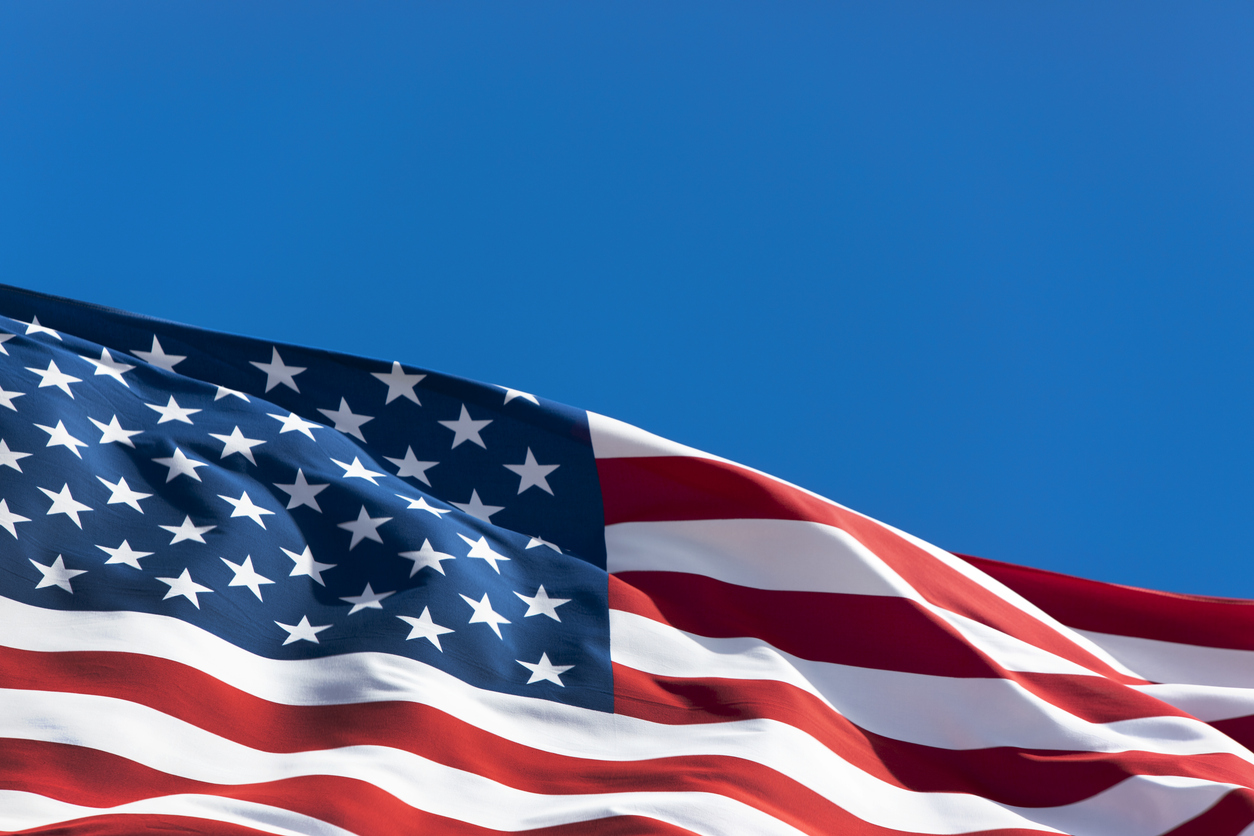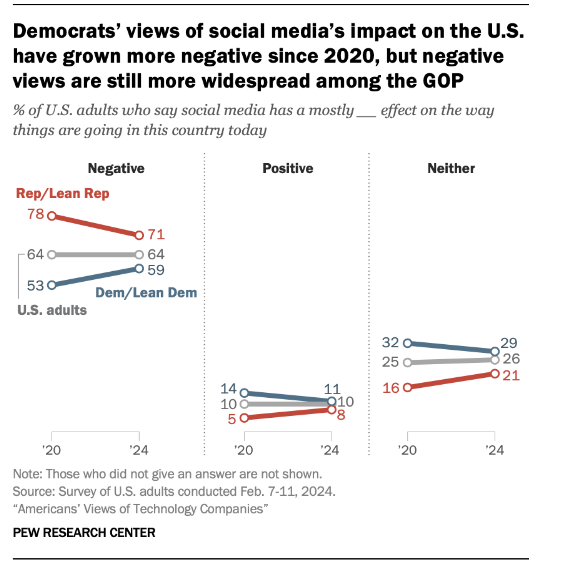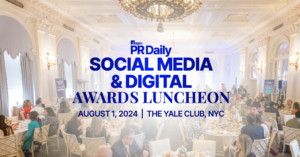By the Numbers: What Americans think about the impact of social media on politics
And what it means for PR pros.

Big tech is involved in almost every aspect of daily American life, from how we get our news to how we communicate with one another.
And Americans aren’t always thrilled about how big tech companies impact our lives.
According to data from Pew Research, 78% of all U.S. adults think social media companies have too much power in today’s politics. That number jumps to 84% when looking at just Republicans. Regardless of their political stance, most agree that social media has had a mostly negative impact on the country — though Republicans have softened their stance on the negative impact of social media since 2020 while more Democrats now believe that social media is harming the nation.

Growing numbers of people affiliated with both parties believe that social media companies are likely to censor political content they find objectionable. Eighty-three percent of all Americans believe it’s somewhat or very likely that social media companies are suppressing this content. And while Republicans have long been convinced their political views are being targeted by big tech, an increasing number of Democrats now believe the same, with 74% of those on the left now agreeing with that statement. However, they still trail far behind the 93% of Republicans who believe the same.
And while it’s true that 44% of Americans believe that social media platforms favor liberals, a solid 37% say the companies value both sides equally.
Why it matters for PR pros
While the poll doesn’t look specifically at how social media companies might have outsized influence on American life, it’s not hard to think of a few examples:
- The role of advertising in promoting candidates for office.
- The organic social media content served on social media platforms, including the algorithms that determine what we see.
- The political opinions of social media company owners and leaders bleeding into the administration of those platforms.
- The ability of social media giants to lobby the government.
In recent years, Meta, in particular, has moved to distance itself from political content, going so far as to say that Threads is not intended to be a political hub and automatically filtering out a great deal of political content on both Threads and Instagram. Meta has even moved away from accepting huge sums of cash in return for political advertising, something that has been a game changer in elections for a decade now.
At the other end of the spectrum, Elon Musk’s acquisition of X has radically changed the perception of the app, taking it from what was once seen as a liberal bastion into an era where having a blue checkmark next to your name is seen as a marker of right-wing politics.
And, of course, even if platforms are trying to avoid politics, politics aren’t trying to avoid them. Social media platforms have become one rare bipartisan source of agreement for both Republicans and Democrats as they came together to force the sale or ban of TikTok and question how the apps impact young people.
To sum it up, it’s a uniquely unsettled moment for social networks and no one is happy.
For PR professionals, this data raises several issues and concerns.
Obviously, if you work in the political sphere, the retreat of platforms like Meta from these topics makes it harder for you to get your message out. And this doesn’t just apply to those who work on campaigns: Meta has refused to clearly define what constitutes “political” content, leaving questions about whether this could also apply to content about LGBTQ+ rights, women’s rights, climate change and vaccines. All are heavily politicized issues. But are they political? It might depend on the whims of the algorithm, and that’s where we come back to Americans’ overarching concerns about how social media impacts what we see. It can push some content while blinding us to other information, even if we want to see it.
It also raises concerns about how we can build trust in such a polarized world. The gaps between Republicans and Democrats on these topics are broad, yet most organizations marketing in the United States want to reach people of both parties. But when there is fundamental disagreement on where even to get trustworthy information, how can anyone break through the noise with a story that rings true across boundaries?
We don’t have the answers yet. But let’s keep looking for them together.
Allison Carter is editor-in-chief of PR Daily. Follow her on Twitter or LinkedIn.







